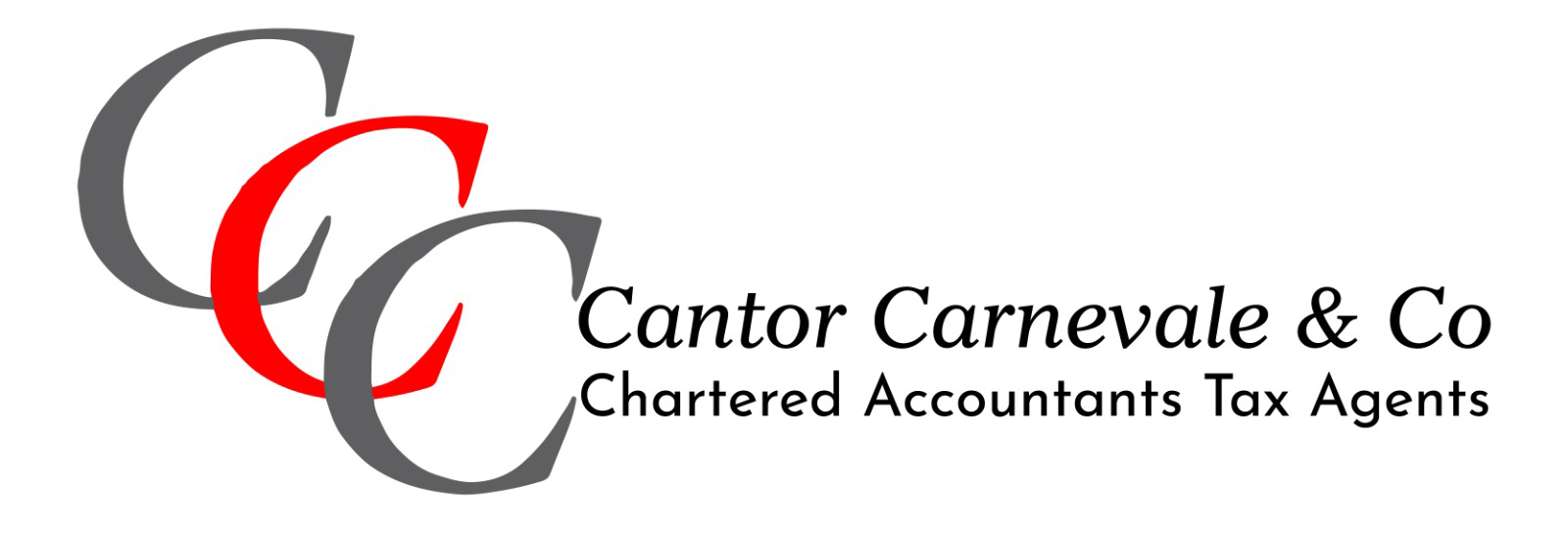
The process of bookkeeping is absolutely gut-wrenching. As much as bookkeeping is annoying, there is every reason to keep our books tidy. Apart from working on the customer and sales funnel, you must know that time is also of the essence. So, how do you juggle a million business needs with bookkeeping?
Needless to say that bookkeeping is an absolute must. While it is intricate to the growth of your business, you must start taking it seriously if you don’t already. But there is great news! What if there was a way you could keep up-to-date with your accounts with minimal effort?
The following are important nuggets to paddle through the tides of bookkeeping:
A chart of account: A well-compiled list of transactions categories is the most accurate way to have a defined chart of account. The five basic categories of transactions are assets, equities, expenses, income, and liabilities. Each transaction category is a ledger with a unique identifier – called the Account Code. A good chart of account is great in bookkeeping to guide the categorization of transactions. For instance, ‘Revenue’ is a great transaction category for recording sales of different customers.
A fine line between credit and debit: The notion of balancing is a key concept in accounting. Debit and credit are two arms of every transaction. Debit account should always be equal to a credit account at the end of every financial period. An increase in an expense or asset is a debit while credit is the increase in a liability or income account. Recording transactions should be easy with accounting software – which sorts the credit and debit discrepancies. With Microsoft Excel, you must record both transactions. Failure to do so means a great deal of trouble trying to find the missing coin.
Both invoices and receipts deserve an electronic safekeeping: Rental rates fluctuate while digital spaces keep dwindling. While physical documents accumulate dust, they are displeasing to the eyes. Besides, there is a waste of space in the office where these physical documents lay. Documents that do not require signatures may necessarily not require hard copies. Meanwhile, most documents are prone to fading after a stretch of time. It is for such reasons that it is necessary to switch to digital format. When retrieving information, life is so much easier with digital documentation. Popular cloud storage solutions are Google and DropBox. These solutions also make room for lower storage requirements.
Brush up your basic accounting knowledge: If you do not understand the basics of accounting, being a businessman may be difficult. Luckily, you needn’t spend a fortune to learn the tool as there are several online courses at minimal costs. The certificate is of little importance where knowledge is gained.
Business and personal finances are distinct: Never mix up business finances with personal finances. When you think of your business as a separate human, know that it is inconsiderate to ask a friend to fund your trip. Some great tips to help you include:
- Start paying yourself a salary
- Record every payment that goes into the business
- Own a business bank account immediately
Link transactions to your chart of account: Unfortunately, recording transactions may be insufficient. There is a need to prepare financial statements, and this involves linkage of transactions. As a form of categorization, the chart of account helps to categorize transactions into certain categories such as:
- Salaries, allowances, and bonuses – salaries of employees
- Telephone and internet expense – payment to Divitel for business telephone subscription
- Revenue – sales receipts from customers
- Medical expenses and insurance – surgical insurance
Although there are no strict rules and regulations regarding the classification of accounts, it must be sensible. An example is a silly mistake of categorizing expense as revenue.
Monthly reconciliation of bank statements: One of the most important documents to keep is bank statements. Not only are they the basis for everything else, but they are also the only business record you can trust. You will only notice a difference between your bank statements and accounting records if you perform a monthly recording of transactions. An example is when your bank statement reflects $2,000 whereas you should have cash of $7,500. You must fish out the discrepancies – a process called bank reconciliation. Nevertheless, there may be valid differences. Sometimes, the bank takes a longer time to affect a cheque receipt of monthly sales. Without valid reasons, there is a need to investigate. Regular causes of discrepancies are fraud and inaccuracy of accounting records. Simple bank reconciliation procedures are one of the arms of bookkeeping. Keep the soft copies of your bank statements. The bank charges between $30 and $40 monthly when you try to get dated bank statements.
Record relevant transaction details: Even though bookkeeping is of the essence, there must be suitable answers to the need for the process itself. For each transaction, you must know what you should record. Some important things you must note during each transaction are:
- Transaction date
- Payer or payee
- A unique identifier
- Transaction purpose
Should you decide to analyze your accounts, some details may be useful in the future. The reason is that the degree of the transactions becomes a piece of cake.
Slow, steady, and deliberate: Do not underestimate the power of electronic records! They can save you a great ton of time to be more productive in other business aspects. If you are the type that prefers to outsource, electronic records are a must for professional firms. For personal bookkeepers, some 20 minutes out of the day’s work is a necessary evil to get your bookkeeping game on. You will also have less work to do if you own an e-commerce website. By integrating the website with the accounting software, you will more time in your hands to care for our business.
Software and Apps are the new black: Technology definitely makes life easier; but we don’t give it much credit. It is time to acknowledge that bookkeeping is a gracious product of technology. Certain apps and software make the art of bookkeeping a walk in the park such as WaveApp and CamScanner.
Without a doubt, bookkeeping is a thorn in the flesh. But business growth depends on a well-organized bookkeeping technique. Besides, investments and loans become easier to secure with good bookkeeping practice.







